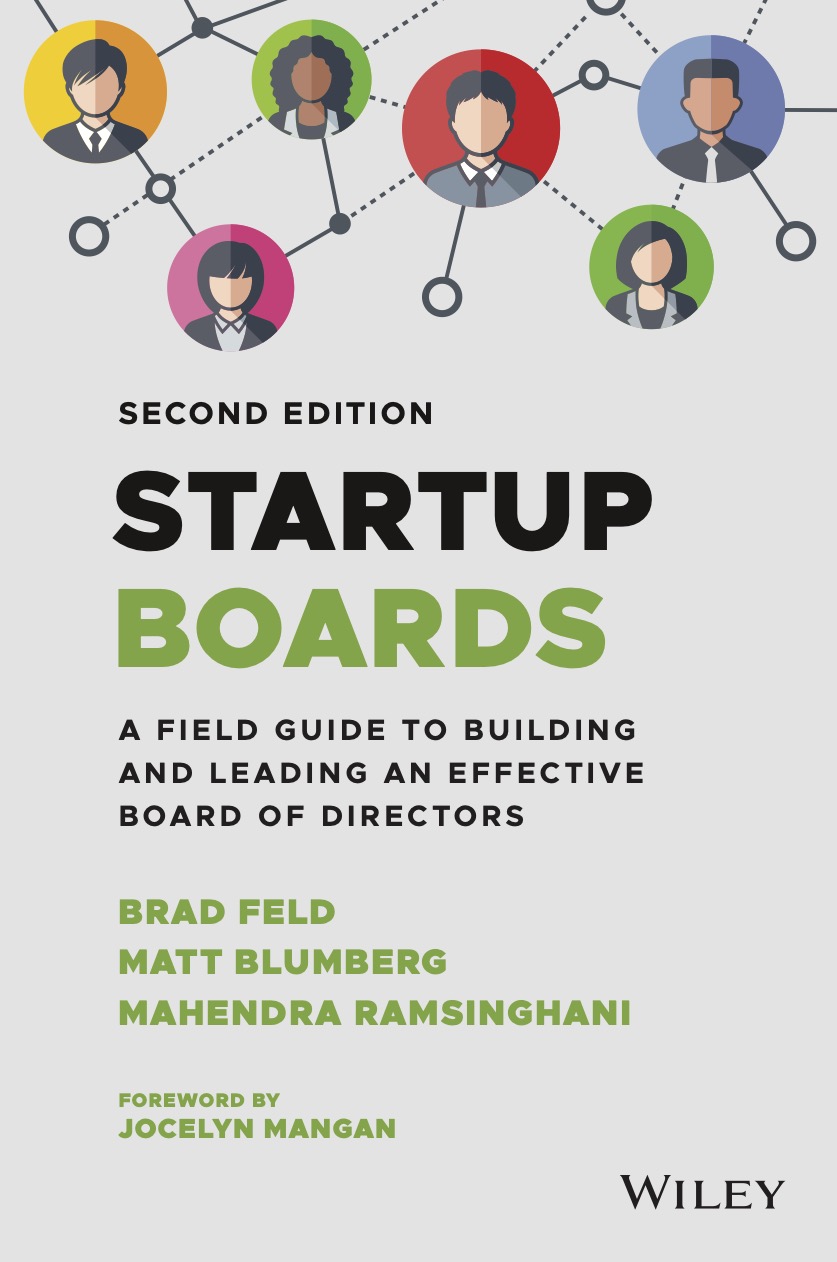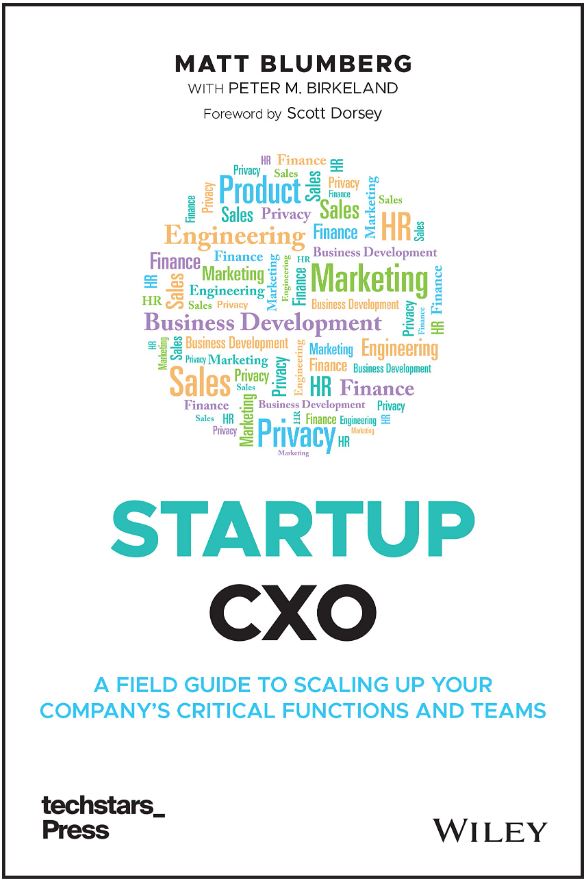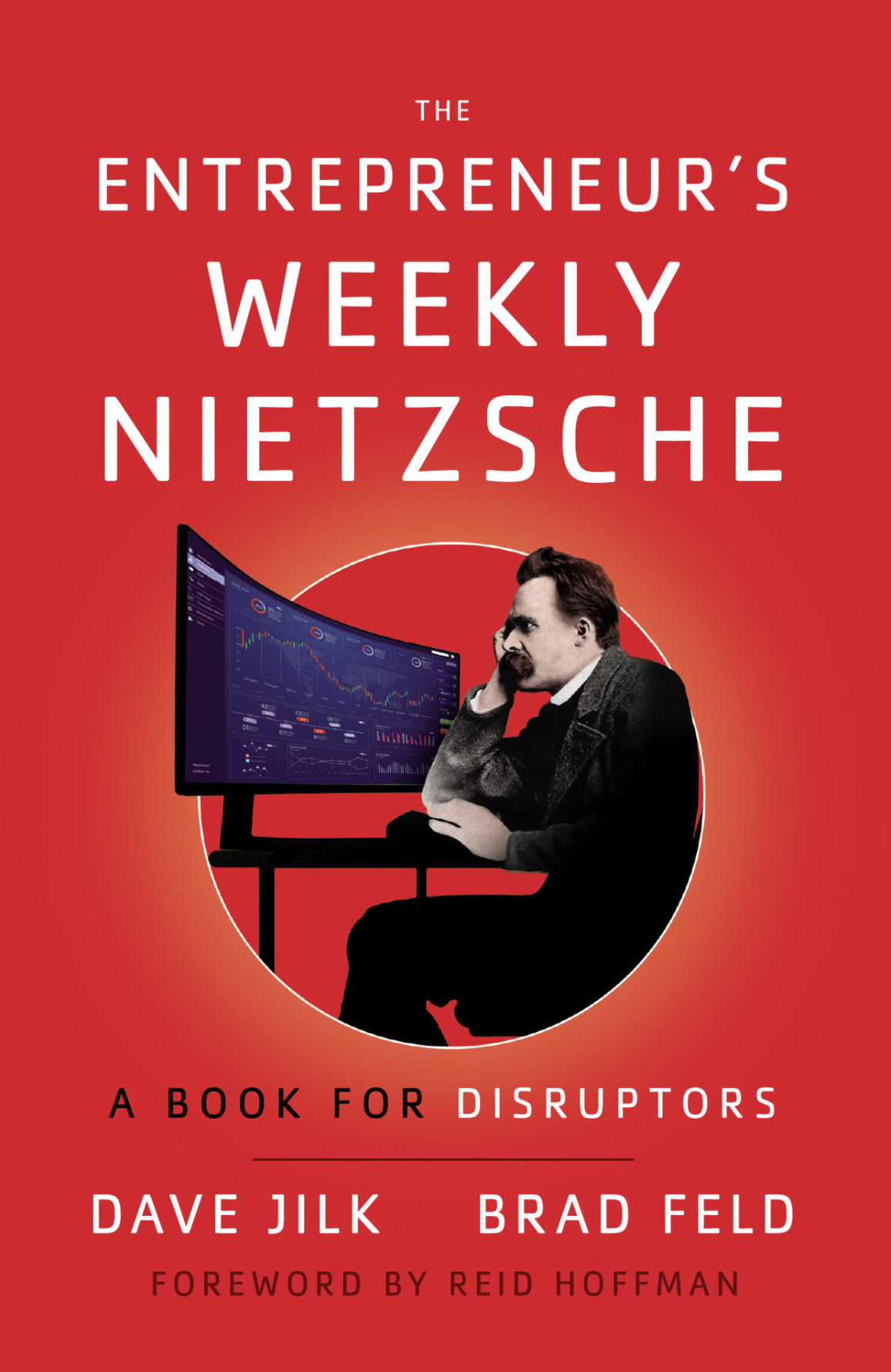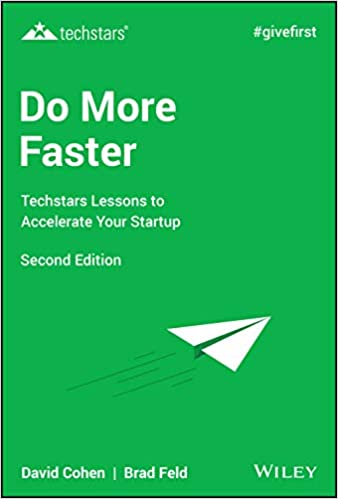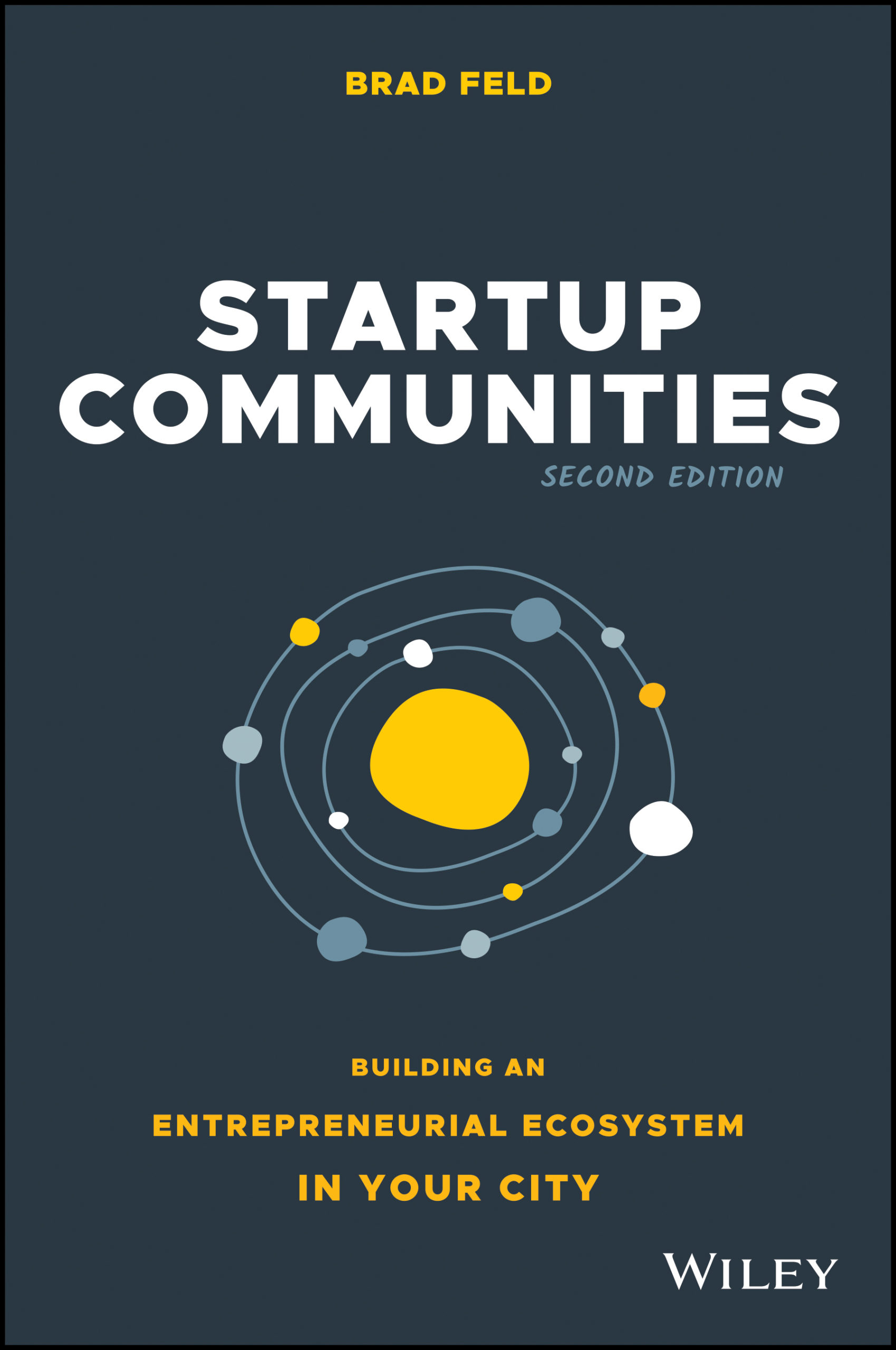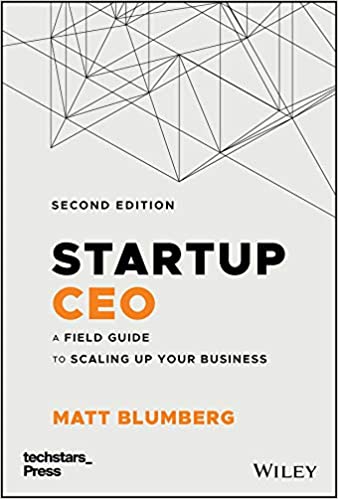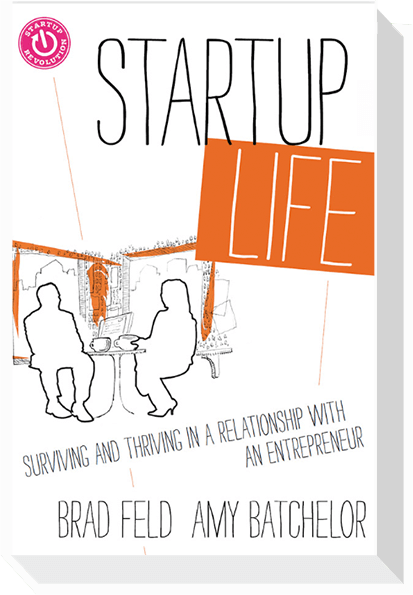Startup Communities are Like That Middle School Dance – Awkward!
Creating meaningful connections can be difficult at any age.
You remember how you felt in 7th grade at the dance with the girls clustered in groups on one side and the boys clustered in groups on the other side of the gym? Even the most confident still had a strong sense of fear of what was going to transpire next. They just hid it better.
The basis of that fear – a fundamental fear of the unknown. What do we say? (I don’t want to look stupid.) What is the first move? (Should I ask her to dance or just talk to her.) Who should I approach? (The girl that I like or the girl that keeps looking at me.)
The sheer memory of that night (my memories might have lasted until college, by-the-way) remains close to the surface as adult events many times evoke the same awkward set of questions and unknown answers.
Nascent startup communities are often like those middle school dances where there is awkwardness around what to say and who to talk to.
Entrepreneurs feel awkward talking to government officials. (Do we have anything in common?) Corporate executives feel awkward revealing departmental vision to entrepreneurs. (Fear that the startup might steal something.) Investors are always walking a tight rope. (Let’s not disclose what deals we are doing or about to do.)
The result of this awkwardness are communication silo’s that prohibit healthy connections to flourish. It is clear that many communities exhibit clusters of like-minded people that are not connected to others in their community. This is a big problem. Why?
The secret sauce of the mother-of-all communities (Silicon Valley) is the ability to quickly and effortlessly connect with the resources needed to start and grow a company. The valley is the quintessential flat network. This was mapped excellently in the work that Zoller & Feldman did around dealmakers in their research of 12 US cities in 2012.
One of our community-development principles here at Techstars is that emerging or nascent startup communities can advance quicker when they work to connect their clusters. Sometimes local dealmakers can make this happen. Sometimes an outsider has to facilitate these connections.
Bottom line – startup communities can’t advance at the dance unless everyone starts dancing together.
